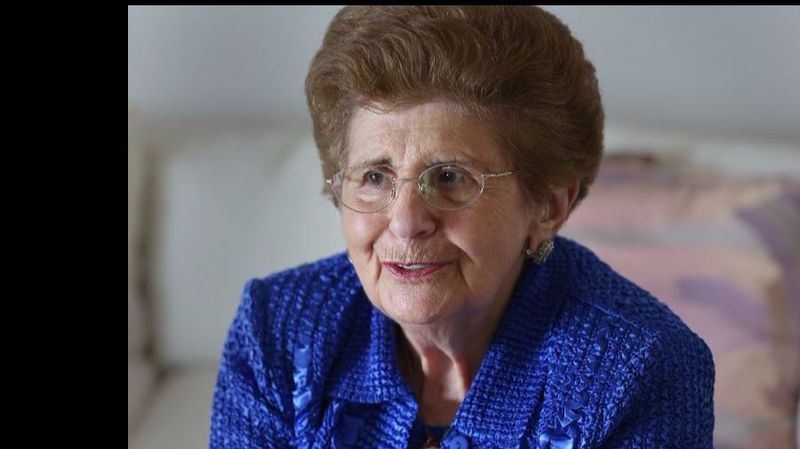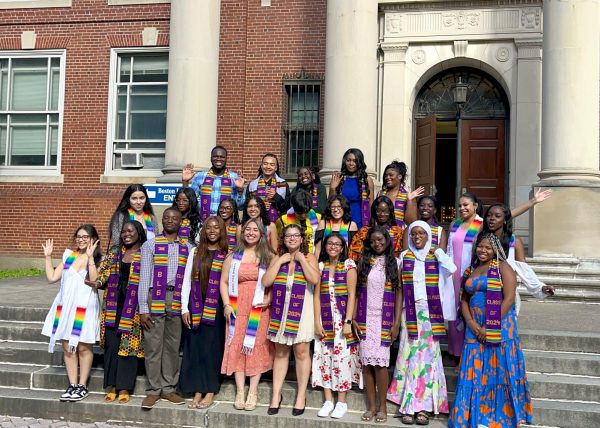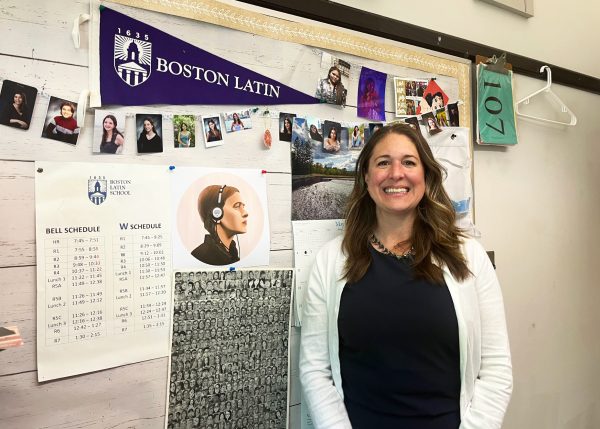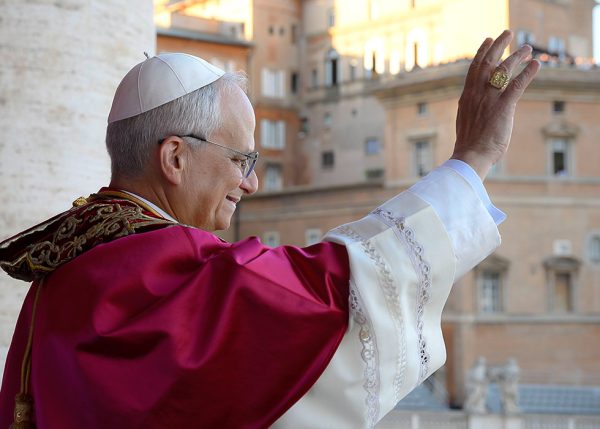Facing Flies Virtually to Eastern Europe
On March 31, Ms. Judi Freeman’s Facing History and Ourselves classes participated in a virtual field trip consisting of a screening of the film, Schindler’s List, a Q+A session with Holocaust survivor Ms. Rena Finder and a virtual tour of the Auschwitz-Birkenau concentration camp.
During a typical school year, students enrolled in the course would participate in several field trips throughout the year, most notably the annual Eastern Europe trip in April. Due to the COVID-19 pandemic, however, travel, especially abroad, is no longer an option. Instead, Ms. Freeman worked to adapt elements of this trip into a remote setting, resulting in the full-day virtual experience which students partook in.
Students started off the day by watching the three-hour film Schindler’s List, which Ms. Freeman would customarily take students to see at the Coolidge Corner Theatre in Brookline, MA.
The film details the true-to-life story of Oscar Schindler, a former Nazi who eventually became a Jewish ally during the Holocaust, listing thousands as his employees to save them from deportation to concentration camps.
Lukas Hofmann (II) found Schindler’s role as an upstander highly impactful, stating, “Something we’ve been focusing on in the class from the very beginning has been this idea of bystanderism and how people who don’t do anything contribute just as much.”
After the film screening, students engaged in a Q&A session with Ms. Finder, whose name was included on the real Schindler’s List eight decades ago. Students were able to submit questions for Ms. Finder the day before the trip which Ms. Freeman subsequently organized to streamline the process for their guests.
“The one thing that was really absent, is every single student would tell you that they got up and hugged [Ms. Finder] in person, you know, in the days when you could walk up in less than three feet proximity to someone and hug them. And a lot of people hugged her or took pictures with her, and that was hard to do here,” states Ms. Freeman.
Students were still deeply moved by the experience of meeting Ms. Finder, albeit through a virtual setting. Grace Pham (II) describes the impact of Rena’s words on herself, stating, “Now with the increase of hate crimes against Asians, violence against unarmed Black individuals […] her words were really comforting. She has a lot of hope for the next generation, us, of making it a better world.”
Other students reacted in similar ways, feeling lucky to have had the opportunity to listen to her speak first-hand, a detail that seemingly brought a more personal touch to the difficult subjects that they were learning about.
The online session concluded with a tour of the infamous Auschwitz-Birkenau concentration camp using interactive, first-person technology, similar to that of the Google Earth program. The experience was led by Mr. Wojtek Smolen, a tour guide at the Auschwitz-Birkenau State Museum. Mr. Smolen is also a close friend of Ms. Freeman, and would often join her and her students during their annual trip to Auschwitz-Birkenau.
Ms. Freeman maintains her belief that the experience of touring Auschwitz in person is utterly irreplaceable, saying, “There’s no way you can understand a place like Auschwitz without going there.”
Students, however, could still make the best of the situation, formulating key takeaways from the presentation as well as being grateful for the overall experience.
Hoffman reflects on the field trip, stating, “I think it’s really important not to forget [these things] and then also, far into the future […] to continue teaching other people who won’t have the same direct opportunities to talk with Holocaust survivors or visit these places.”
Emmanuelle Bogomolni (II) shares this sentiment, stating, “I think that everyone from Facing found [the trip] really insightful and interesting […] a huge thank you to Ms. Freeman and everyone else who helped organize it.”






